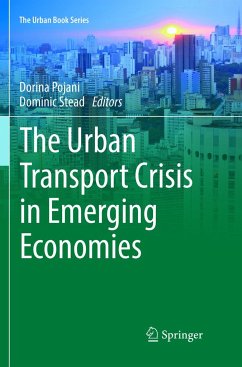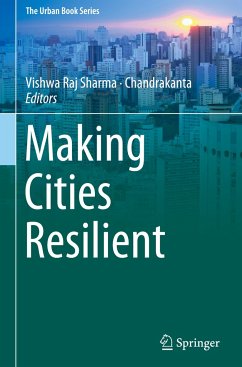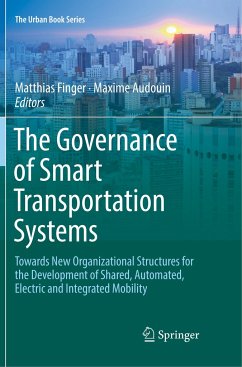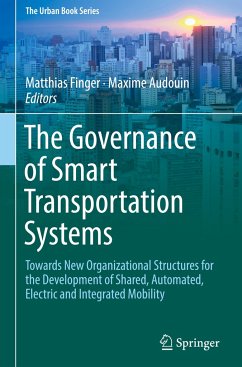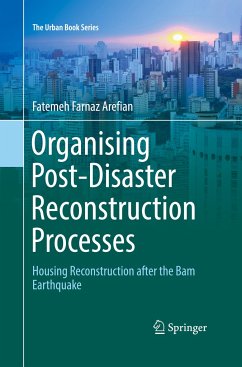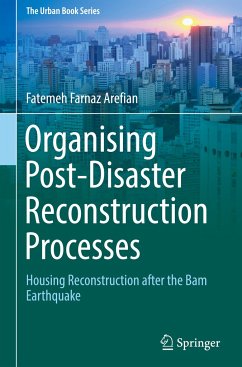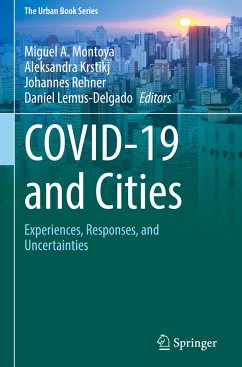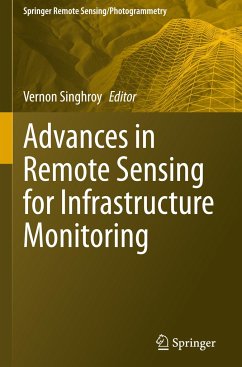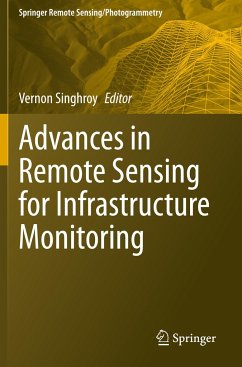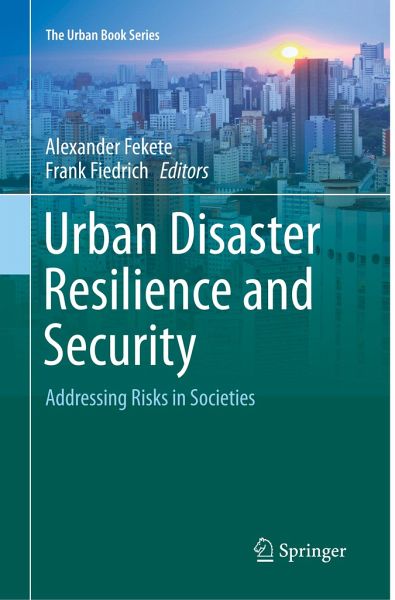
Urban Disaster Resilience and Security
Addressing Risks in Societies
Herausgegeben: Fekete, Alexander; Fiedrich, Frank
Versandkostenfrei!
Versandfertig in 1-2 Wochen
126,99 €
inkl. MwSt.

PAYBACK Punkte
63 °P sammeln!
This edited book investigates the interrelations of disaster impacts, resilience and security in an urban context. Urban as a term captures megacities, cities, and generally, human settlements, that are characterised by concentration of quantifiable and non-quantifiable subjects, objects and value attributions to them. The scope is to narrow down resilience from an all-encompassing concept to applied ways of scientifically attempting to 'measure' this type of disaster related resilience. 28 chapters in this book reflect opportunities and doubts of the disaster risk science community regarding ...
This edited book investigates the interrelations of disaster impacts, resilience and security in an urban context. Urban as a term captures megacities, cities, and generally, human settlements, that are characterised by concentration of quantifiable and non-quantifiable subjects, objects and value attributions to them. The scope is to narrow down resilience from an all-encompassing concept to applied ways of scientifically attempting to 'measure' this type of disaster related resilience. 28 chapters in this book reflect opportunities and doubts of the disaster risk science community regarding this 'measurability'. Therefore, examples utilising both quantitative and qualitative approaches are juxtaposed. This book concentrates on features that are distinct characteristics of resilience, how they can be measured and in what sense they are different to vulnerability and risk parameters. Case studies in 11 countries either use a hypothetical pre-event estimation of resilience or are addressing a 'revealed resilience' evident and documented after an event. Such information can be helpful to identify benchmarks or margins of impact magnitudes and related recovery times, volumes and qualities of affected populations and infrastructure.



